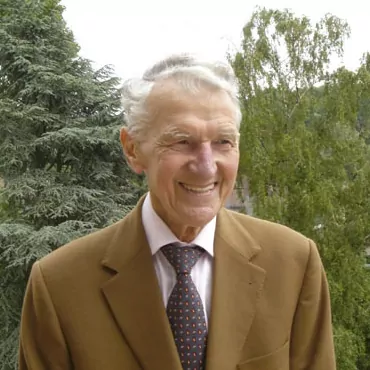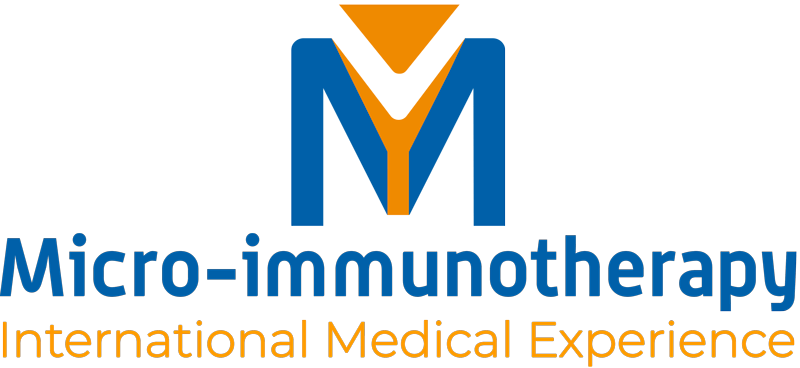Low-dose immunotherapy


Micro-immunotherapy is a therapeutic approach that belongs to the field of immunotherapy, which aims to regulate the immune system and restore its efficacy.
Micro-immunotherapy uses substances with immunoregulatory properties, at low and ultra-low doses, that is at concentrations that are equal to, or even below, physiological concentrations, in accordance to the natural functioning of the body.
Characteristics of micro-immunotherapy


It speaks the same language as the immune system. It uses substances such as cytokines, which are proteins responsible for the coordination of immune response.
It is well tolerated by patients, as it uses substances administered at similar or even lower concentrations than those that would normally be present in the organism.


It imitates the natural mechanisms of our body. It works its effect in sequential steps, in just the same way as the immune response itself.
It enhances the immune system’s own regulatory function, and aims to sustainably optimise its proper function for a variety of disorders.


It is administered sublingually, thus transferring information directly to the lymphatic system that acts as a central switchboard for the immune response.
It can be used both as a preventive and therapeutic approach, and it can be combined with other treatments in a synergistic manner.

Overall, micro-immunotherapy focuses on the restoration of an efficient functioning of the immune system, central pillar of our health. It can be integrated into any treatment plan, tailored to the needs of every patient.
Its beginnings


Micro-immunotherapy was founded by the Belgian physician Dr Maurice Jenaer in the 1970s. It was established in close relation to the developing interest in the functioning of the immune system, as well as the ongoing discovery of new immune messengers including cytokines, growth factors, hormones and neurotransmitters.
Already at that time, Dr. Jenaer could foresee the essential role that an immune system-based therapy would play in the maintenance and restoration of health. Highly motivated by the promising results gained from the sublingual administration of low doses of DNA and RNA, he decided to investigate whether other molecules (e.g. cytokines) administered in the same way could also have beneficial effects on the organism. From these investigations, he determined that the application of low doses of sublingually-administered immune messengers would offer a previously undiscovered therapeutic capability with optimal tolerability.
Today, the range of applications for low-dose immunotherapy is far wider and its therapeutic possibilities are becoming more and more apparent. The current state of knowledge in the fields of nano-pharmacology, biochemistry and molecular biology broadens the horizons for research in this field, where micro-immunotherapy will play an increasing role in the integrated treatment of patients in the future.
